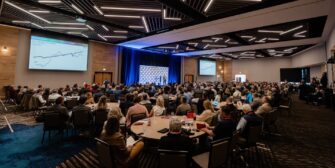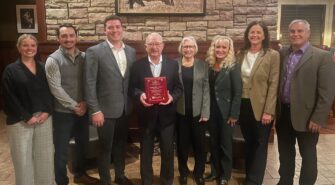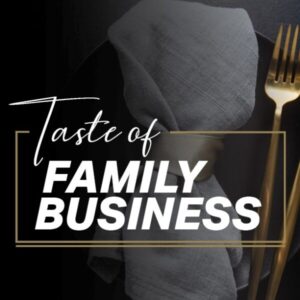Preview a ‘taste’ of family business at one-of-a-kind dinner
Recent News
How does a century-old business decide to sell? This leader will tell you
Posted in PFBA | April 20, 2021
If you’ve ever had your eyes examined, you’ve had an up-close look at the product that launched a family business success story.
Eric Allyn’s great-grandfather William invented the ophthalmoscope in 1915 in upstate New York.
More than a century later, the medical device that examines eyes and its sister product, the otoscope, still bear the Welch Allyn name.
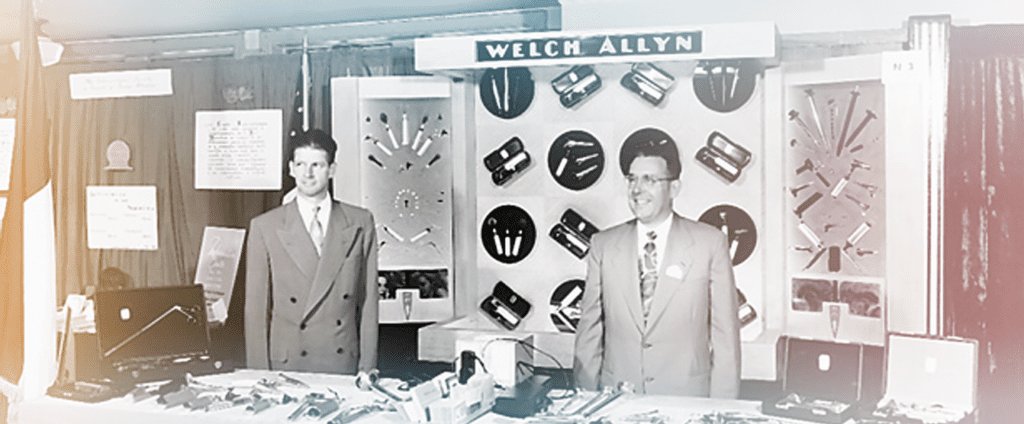
In between is a multigenerational family business that had to tackle the same tough issues as many: how to transition between generations, how to handle governance and how to decide the time was right to exit.
Eric Allyn, a fourth-generation member of the business, will be a keynote speaker in Sioux Falls at the Prairie Family Business Association’s annual conference April 29 and 30. In-person attendance is sold out, and virtual registration is open through April 22.
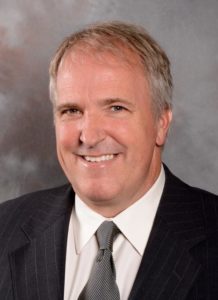
“If your decision-making process is a good one, the right decisions will be made,” said Allyn, who served as board chair before the 2015 sale to Chicago-based Hill-Rom Holdings.
His presentation in Sioux Falls will focus on what led up to the sale of his family business and how the sale itself transpired.
“My great-grandfather was a great machinist who could build anything,” he said. “And he connected with a physician, Dr. Welch, and invented the world’s first ophthalmoscope.”
Welch died three months later, but William Allyn, “who really loved and respected this man so much, kept his name on the business.”
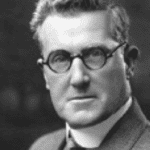
William Allyn
“Our transition from the first to the second generation went very well,” Allyn continued. “But it was simply from my great-grandfather to my grandfather.”
For the first 25 years, “it was a small shoestring-budget organization,” he said. “My great-grandfather’s one son joined the business in 1932, and about five years in, before the war, they had built up the business. So going into World War II, we had a strong business with a great brand and were able to make lots of medical devices for the military.”
While the original equipment remained the core products, the business evolved into noninvasive diagnostic devices – “things that look into your eyes, nose, ears, throat and every other body cavity.”
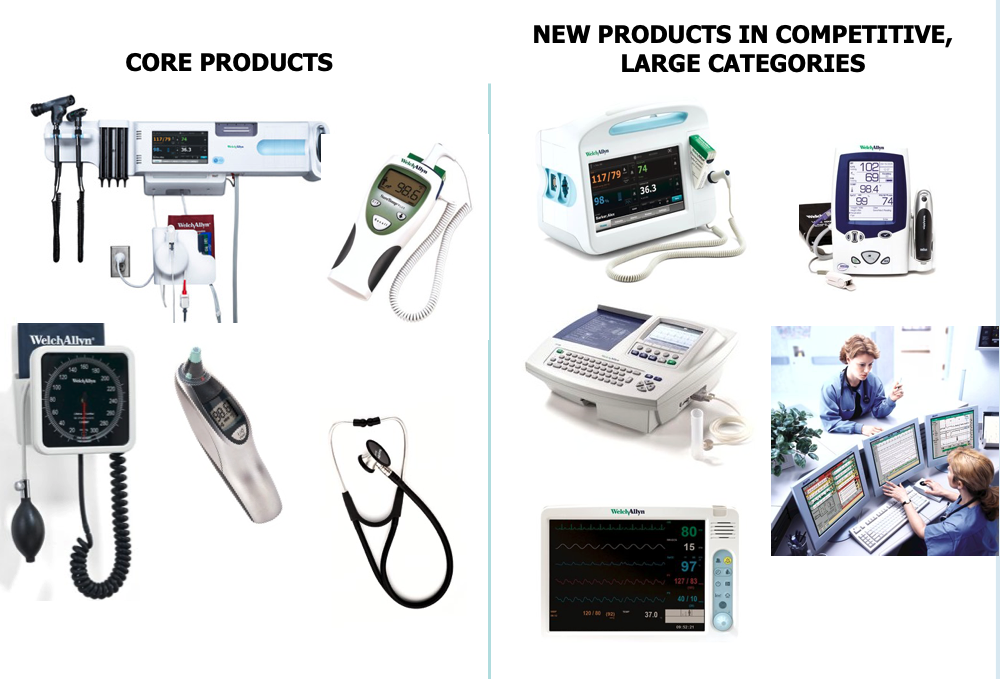
But when it came time to transition from the second to the third generation, things got rockier. There were three siblings and their families involved, “and we ended up with three different family silos,” Allyn said.
“So one of my messages is dealing with family conflict through good governance.”
In 2006, the company went from being family owned and operated to being family owned with a nonfamily CEO and a full fiduciary board of directors.
“We were still 100 percent family owned, which we loved, but it took the family conflict out of management of the company,” Allyn said. “I continued to be an employee for a few years so employees could feel comfortable and then became chair of the board, but that wasn’t a precondition that a family member be board chair. I was selected by the majority independent board.”
Deciding to sell
From 2010 to 2015, Allyn’s speech stopped at the storyline above when he traveled the world speaking to family business organizations.
Now, he adds the next chapter.
“A lot of people want to know why and how we sold the business, and it is quite an interesting story,” he said. “Our family didn’t want to sell the business.”
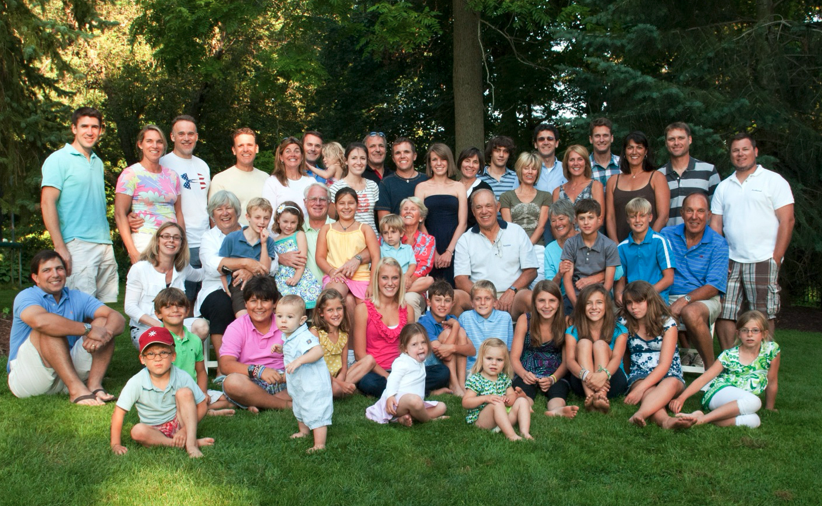
But they were realistic enough to know that despite the size of their operation – more than $700 million in annual revenue and 2,800 employees – “in the health care industry, given the consolidation that happened, we had nowhere near the scale that was required.”
As mega-systems formed and buying power strengthened, Welch Allyn realized “you can’t cut your way to success,” Allyn said.
It still wasn’t an easy decision, but as closing down the corporate office where most manufacturing was done became “a very real” choice, they realized there really wasn’t a choice.
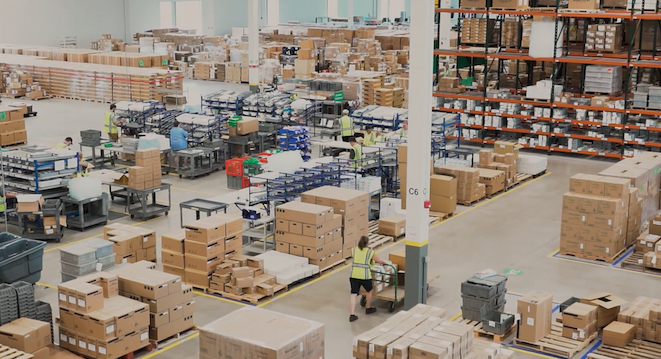
“You can stay family owned and lay off 1,200 people in your hometown, but that wasn’t going to happen,” he said.
“So we realized having a ‘big brother’ with more scale would really help.”
They found that in the form of Hill-Rom, which was known for making hospital beds and saw Welch Allyn as the right strategic addition to the business.
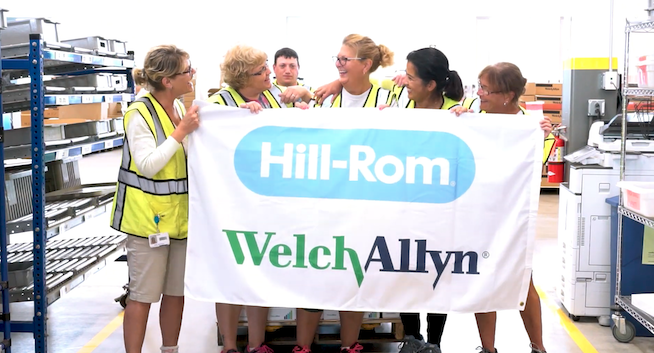
“Today in our little town, more people are employed than when we owned the business, and I’m really, really proud of that,” Allyn said.
He’ll tell the rest of the story in Sioux Falls.
“There’s a great story behind the sale – how it was done, the repercussions within our community, and it’s a positive story.”
Thanks to the Prairie Family Business Association conference’s hybrid format, you can access this and all upcoming presentations from anywhere during the event and for the entire month of May. To sign up and learn more, click here.

